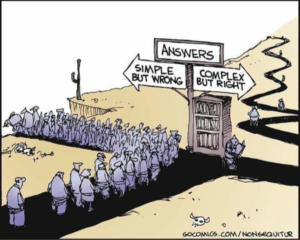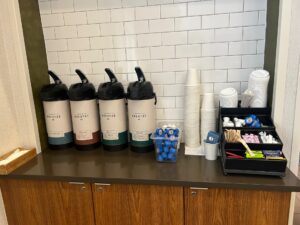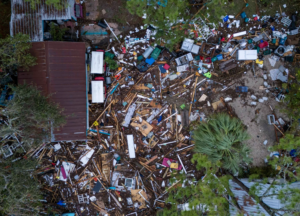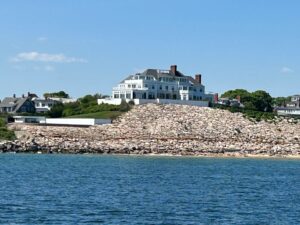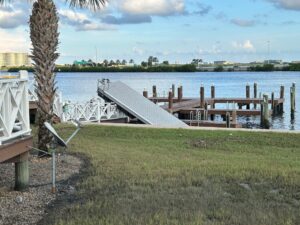We are no longer viewing news. It is mostly views … personal viewpoints and opinions, reflecting personal bias. It is now indistinguishable from propaganda. It is so lopsided and ludicrous that even the news media themselves are aghast.
If you check the definition of propaganda, you will find it is defined as biased to promote or publicize a particular political cause or point of view. While it may be satisfying to some, it does permanent damage to society. The consequential loss of trust is going to haunt journalism for decades. It doesn’t take much to destroy trust, and they have proven themselves untrustworthy.
Just watch any of the three major network TV news programs for the following recipe: Report several positives about the Democratic candidate with the best images they have from a recent event, shift to a gloomy tone to spin up something negative about the Republican. Include adverbs to what the Republican said, like “falsely” or “unsupported.”
What makes me especially concerned is that the scientific community has similarly lost their moral compass. The phrase “follow the money” is always a good guideline, but the willingness to lie to get people to do things crosses a line in my mind and heart. Yes, I understand the “fake it till you make it” bias in Silicon Valley, but the underlying ethic should still be that you don’t overpromise. I have already blogged about this so I will let this rest.
I grew up with warnings that some things would stunt my growth, which of course were either “old wives’ tales” or simply ignorant beliefs at the time. Religious leaders were guilty of using fear tactics to keep people loyal and obedient. Postmodern critical thinkers don’t accept the fires of hell or eternal damnation. Religious leaders haven’t yet come up with a new twist on the idea. So, they are resorting to performances rather than true worship.
Who doesn’t like a good concert? Recent party rallies prove that point, and the natural backlash when celebrities show for token time slots and then bolt. Bait-and-switch is far from a new idea, but I am sensing many who were party loyal are worn out by it all.
Perhaps this is all a result of the proliferation of media all seeking their share of our minds. We have become numb, cynical, and distrusting. We are tired and suspicious of just about everyone and everything. But most of us can detect propaganda, and we resent it.
We all agree we need to reset the conversation. Personally, I want apologies as part of that.

